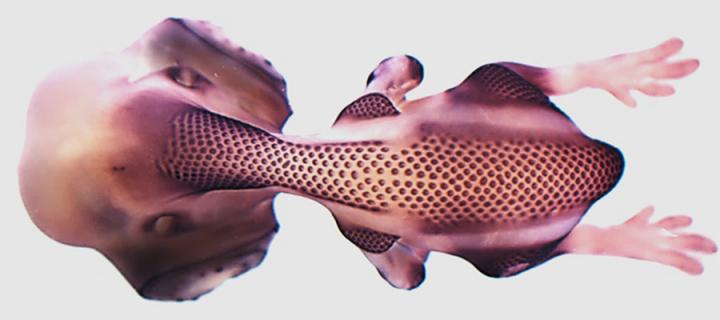
Purpose and Overview
RICE is a collective of research groups based at The Roslin Institute using the chicken embryo as an experimental system to study embryonic growth and development. The chicken has long been a model for the study of development due to its size and ready observation in the egg, and has enabled major advances in all areas of Developmental Biology. This model has contributed to defining basic principles such as induction and competence, establishing general mechanisms such as patterning and asymmetry, and elucidating the molecular regulation underlying the specification of individual tissues and organs. The new tools generated at the Roslin institute are now enabling deeper exploration of the biology of this system. In addition to generating novel tools, specific areas of active research interest to the RICE groups are the origin of cells of the immune system, the basis for male/female differences, the source of the reproductive germline cells, the arrangement of the limb skeleton and the development of the skin and its feathers.




